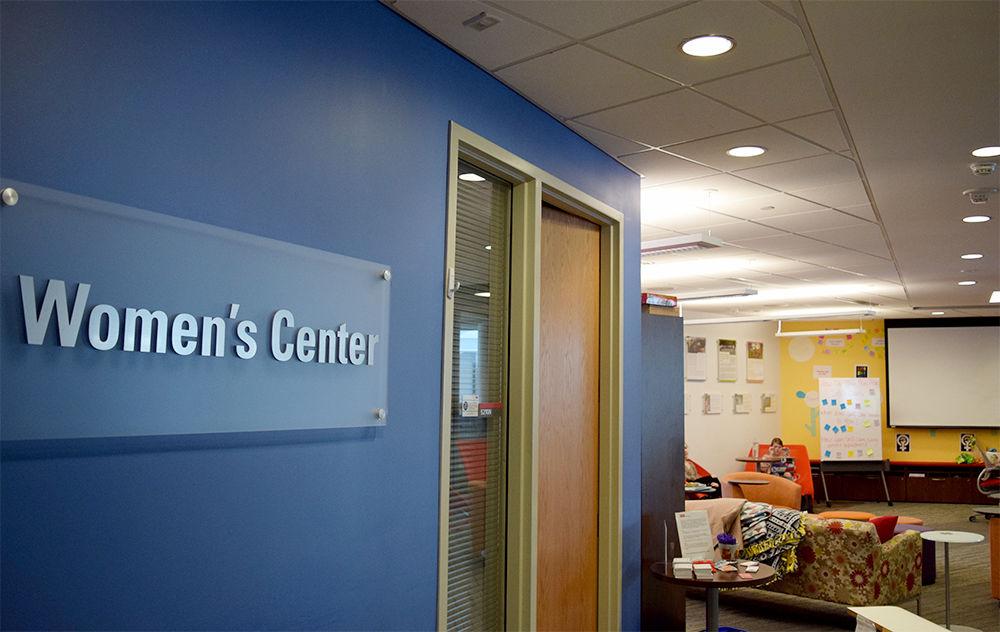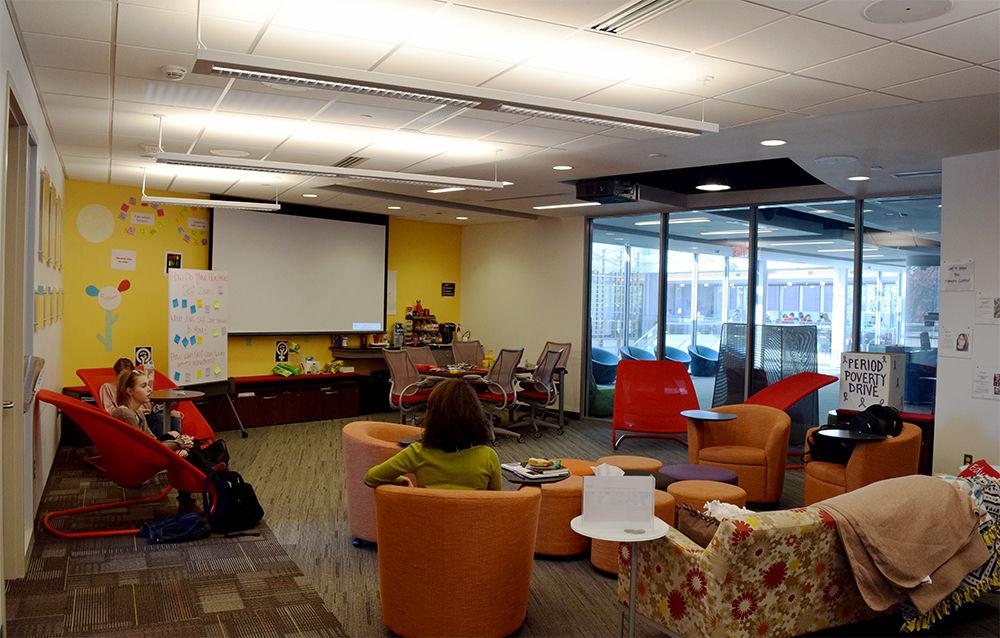In light of the outpour of sexual assault and harassment allegations that have initiated conversations and debates, along with the #MeToo social media movement, the NC State Women’s Center advocates outreach to survivors and students looking to get involved.
The Women’s Center provides services for survivors of sexual assault and relationship violence, including housing and academic accommodations for those in unsafe situations, primary prevention tactics through bystander intervention sessions, art therapy groups and a 24/7 victim advocate phone line.
Sara Forcella, rape prevention education coordinator, discussed how the Women’s Center assists those looking to make the first steps in connecting with the organizations best suited for survivors.
“NC State is a really large campus,” Forcella said. “So, it can be really intimidating for a survivor to identify what office, who to talk to in that office, how do I get there, how do I start this process. So, we simplify that for them, and also help them understand what that process will look like. We help take some of that anxiety-provoking unknown away.”
For advocates, friends and peers, Lisa LaBarbera-Mascote, the director of the Women’s Center, stressed the importance of listening to the survivor and allowing them to cope at their own pace.
“I think the listening is crucial,” LaBarbera-Mascote said. “And letting folks know that you believe them, and never telling them what to do because you might have personal feelings about it, being that you have to report it and you have to let somebody know. But that might not be the place that your friend is at. You can walk somebody up here and we can be with them, or you can get them connected to a support group.”
Forcella agreed with the idea that survivors need attentive, patient supporters, due to the survivors’ loss of agency and authority.
“Any kind of interpersonal violence is about the dynamic of power and control,” Forcella said. “What tends to happen is that most survivors tend to feel that they have lost power over their bodies or over their sense of security. To support somebody that has just lost all of this power, it’s important to let them make their own decisions and to let them decide what they’re healing process looks like because we are not that person and we don’t know how they are reacting to it internally.”
In reference to the current sexual misconduct allegations sweeping the nation, including those brought forth against celebrities like Harvey Weinstein, Louis C.K. and Charlie Rose, LaBarbera discussed how she thinks these allegations serve to propel conversation.
“I think it’s good that at least there’s a national discourse,” LaBarbera-Mascote said. “I think it is a really good thing that stories are being told. That gives us a springboard to be able to have these conversations, and not just what it looks like in politics and in Hollywood, but what this looks like in real life. What does this look like in the everyday and how has this been the experience of people on a daily basis?”
Furthermore, LaBarbera-Mascote commented on how she believes The Movement peer educators are an example of how college students are seeking social and cultural change pertaining to interpersonal violence. The Movement, housed under the Women’s Center, consists of trained peer educators that host workshops, like Bystander Behaviors and Stalking 101, to discuss issues of interpersonal violence, social justice and gender equity.
“The Movement peer educators are awesome,” LaBarbera-Mascote said. “And that organization has been around for a really long time. These students are dedicated to talking with their peers about changing cultures related to violence on campus. So I think the center has done a really good job of creating spaces for students to learn how to be advocates to create cultural change.”
Forcella expressed concerns regarding the diversity of people vocalizing their experiences to the Women’s Center and the nation.
“Are we hearing from trans individuals and from men that have been affected and gay and lesbian people that have been affected, or are we hearing just from a very white, heteronormative culture?” Forcella stated. “That’s where I am hoping that voices are being able to be highlighted that are not the dominant narrative. I think we need to make sure that [the #MeToo] movement is very inclusive.”
LaBarbera-Mascote, having served as director for over a year, discussed the Women’s Center strive towards inclusivity for people of all identities.
“Our center really deals with issues around social justice and intersectional feminism,” LaBarbera-Mascote said. “This is a space for everyone, no matter how you identify. We really welcome everybody to be part of this dialogue and conversation because issues of gender equity are issues of everyone.”
The Women’s Center has current and upcoming events for students looking to get involved, whether they are survivors, advocates or members of the community. LaBarbera-Mascote said that the center will be holding events and programs throughout Sexual Assault Awareness Month in April and Women’s History Month in March. The center will also be actively recruiting students for The Movement in the spring semester.
Students looking to get involved can go to the Women’s Center website or visit the center located in 5210 Talley Student Union.
NC State's Women's Center is on the fifth floor of Talley, and is one of the four Campus Community Centers. The Office of Institutional Equity Diversity (OIED) created the space in order to house a community of allies for social justice and gender equality. The Center has events such as: Book Club, Winter Fellowship and time for Counseling.









